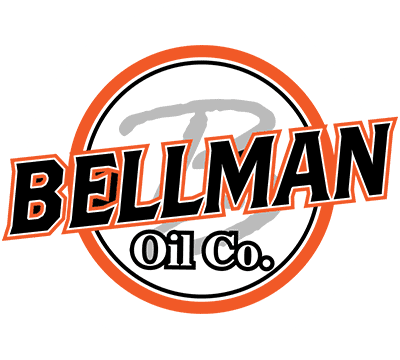Fuel additives have become a hot topic in the commercial and industrial fueling world. From farm equipment to heavy-duty fleets, more operators are asking: Are they worth it? Or are they just another “miracle solution” that overpromises and underdelivers? Let’s break down what fuel additives are and how they work.
What are fuel additives?
Fuel additives are chemical compounds added to gasoline or diesel to improve performance, stability, or combustion. While some fuel blends come pre-treated, many operations, especially those storing fuel onsite or running specialty equipment, choose to supplement with additives based on specific performance goals.
Here are a few common types:
- Detergents: Clean injectors and fuel systems
- Stabilizers: Extend the shelf life of stored fuel
- Anti-Gel Additives: Prevent diesel from gelling in cold weather
- Cetane Boosters: Enhance diesel ignition and performance
- Corrosion Inhibitors: Protect tanks and lines from rust
These additives can be added directly to fuel tanks, mixed in bulk storage, or even dosed automatically into fueling systems.
Do fuel additives actually work?
The short answer is yes, but only when used correctly.
These tools are not a one-size-fits-all solution, and their performance depends on factors such as fuel quality, operating environment, and the specific issues being addressed. Here’s what the science and field testing show:
- They help maintain engine cleanliness, reducing carbon buildup and injector deposits.
- In cold weather, diesel anti-gel formulas are critical to keeping fuel flowing.
- Fuel stabilizers are highly effective for storage situations, especially during offseason equipment downtime.
- Some additives reduce fuel system wear, indirectly extending equipment life.
That said, not all products are created equal. Some low-grade additives can do more harm than good, or simply offer little benefit for the cost. The key is matching the right additive to the right job.
When should you use fuel additives?
Timing and context matter. Here are common use cases where additives are especially valuable:
- Winter fuel use: Diesel gelling is a real issue in the Midwest. Anti-gel additives prevent downtime.
- Off-season storage: Fuel stabilizers protect your investment when engines sit idle for months.
- Older or sensitive engines: Additives can compensate for modern low-sulfur fuels lacking natural lubricity.
- High-sulfur regions or mixed-fuel supply chains: Additives ensure consistent fuel quality and can contribute to enhanced environmentalism.
In short, additives are most effective when used proactively rather than as a fix for problems after they appear.
Choosing the Right Additive for Your Needs
Selecting the right additive depends on your application and conditions. A trucking company hauling freight through northern Michigan in January needs something different than a grain farmer storing diesel through harvest.
If you’re thinking about fuel additives, here’s what you should consider:
- Fuel type: Gasoline vs. diesel
- Environment: Cold exposure, storage length, water contamination risk
- Equipment age and sensitivity
That’s why it’s important to work with a supplier who understands both the chemistry and the field demands of commercial operations.
Bellman Oil’s Approach to Fuel Additives
At Bellman Oil, we don’t believe in one-size-fits-all solutions. We’ve spent over 50 years helping clients across Indiana and Michigan get the most out of their fuel, from the tank to the engine.
Whether you’re winterizing your fleet, managing on-site storage, or trying to optimize fleet performance, our team can help match the right additive to your operation’s needs.
Are fuel additives worth it?
When used properly, they absolutely work, and they can pay off in fuel savings, equipment longevity, and fewer breakdowns. But like any tool, their value depends on how and when you use them.
If you’re managing fuel for a farm, fleet, or industrial site, the right additive strategy isn’t a gimmick; it’s a smart investment.
Let’s Talk Fuel Performance
Want to protect your fuel systems and stretch your maintenance dollars further? Contact Bellman Oil for expert guidance on additives and commercial fuel solutions in Northern Indiana and Southwest Michigan.




